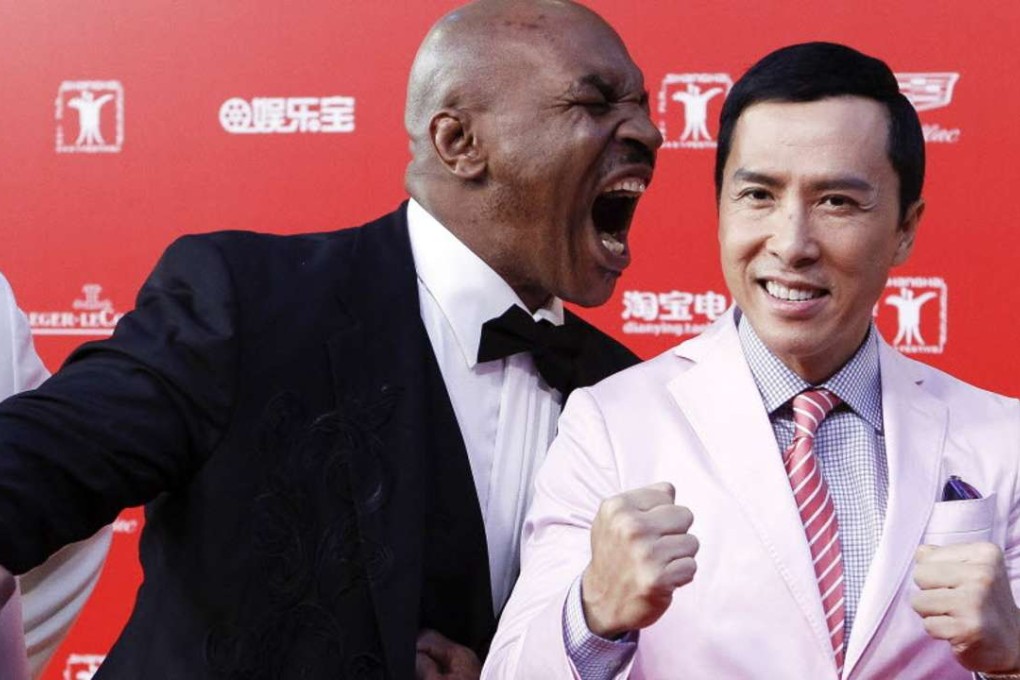Off Centre | What’s really driving China’s ambition to buy out Hollywood and win the World Cup?
Recent investments in entertainment interests are as much about muscle-flexing at home and abroad as they are about ‘rebalancing’ the economy

It prompts the question; do you want to watch films that offer nothing in the way of cultural specificity? You don’t? Well, that’s simply inconvenient. Chinese tycoons, in league with enthusiastic American partners, have their sights on establishing new global entertainment empires capable of capturing box office gravy in both East and West alike, and they want your money.
There’s nothing new about people in the entertainment business trying to maximise profits, you might protest, and you’d be right. What’s grating is the subtle suggestion this coming together of cash, talent and storytelling – One Script, One Road, if you like – is just one big exercise in global cuddliness.

U.S. anti-trust laws – look up the Paramount Decrees – are supposed to prohibit ownership of both movies and theatres. Wanda already owned AMC Entertainment, America’s second-biggest theatre chain. Why has nothing been made of this? Cynics might say it’s because the Yanks really, really want direct access to China’s booming box office, which is forecast to outstrip their own in the next couple of years. In that mission, however, they are also likely to find themselves dancing to the tune of the Chinese State Administration of Radio, Film and Television (SARFT), a body whose latest set of rules, targeted at TV producers, amounts to a laundry list of prohibitions, including bans on content that is “to the detriment of national image [or] endangers national unity and social stability”, “exaggerates social problems, displays excess, or shows the dark side of society”, “sets a negative character as a main character”, or “breaks with national sentiment”.
